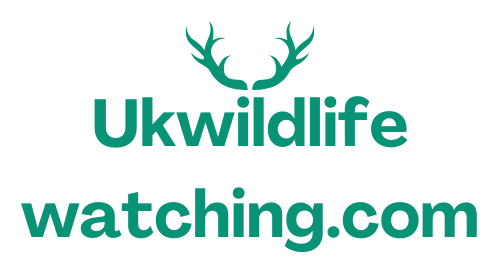Introduction
african wildlife foundation: Africa’s wildlife is facing unprecedented threats—habitat loss, poaching, and climate change are pushing iconic species like elephants, rhinos, and lions toward extinction. The African Wildlife Foundation (AWF) stands as a powerful force against these challenges, implementing science-backed strategies to protect ecosystems and empower local communities.
But what does the AWF actually do? How is it funded? And, most importantly—how can you help? In this guide, we’ll explore AWF’s mission, successes, and ways you can support their efforts while making ethical, impactful choices.
(Affiliate note: Some product links support AWF—every purchase helps conservation!)
What does the African Wildlife Foundation do?
The African Wildlife Foundation (AWF) is a leading conservation organization dedicated to protecting Africa’s wildlife and wild lands. Since 1961, AWF has pioneered strategies that balance ecological conservation with human needs. Here’s how they make a difference:
Anti-Poaching Initiatives
Deploys rangers and tracking technology to combat the illegal wildlife trade.
Uses AI-powered camera traps (such as Bushnell trail cameras) to monitor endangered species.
Habitat Conservation and Restoration
Protects critical landscapes (e.g., Congo Basin, Kilimanjaro).
Partners with governments to establish protected areas.
Community-Based Conservation
Trains local people in sustainable farming and eco-tourism.
Reduces human-wildlife conflict with beehive fencing (buy local honey to support farmers).
Scientific research and policy advocacy
Tracks species migration with GPS collars (like these wildlife tracking devices).
Lobbys for stronger anti-trafficking laws.
How you can help:
Donate directly to AWF’s anti-poaching fund.
Buy eco-friendly gear (recommended products) that funds conservation.
Who founded the African Wildlife Foundation?
AWF’s origins date back to 1961, when Russell E. Train, a visionary conservationist and former U.S. EPA head, recognized Africa’s urgent need for wildlife conservation.
Key milestones:
1963: First project—saving Uganda’s mountain gorillas.
1970s: Expanded to protect elephants and rhinos from poaching.
Today: Operates in over 20 countries, protecting over 10 million hectares.
Did you know? Train’s legacy lives on—AWF’s “Train Legacy Fund” continues important work. Support it by reading their biography or making a donation.
What is the African Wildlife Foundation’s vision for conservation?
AWF’s long-term goal is simple but ambitious: ensure that Africa’s wildlife and wild lands continue to thrive forever. Their strategy focuses on:
Biodiversity conservation
Prioritizes “umbrella species” (elephants, lions)—saving them protects entire ecosystems.
Sustainable development
Promotes wildlife-friendly agriculture (buy shade-grown coffee).
Funds clean energy projects to reduce deforestation.
Success Stories
Zakouma National Park (Chad): Elephant population increased by 400% after AWF’s intervention.
Rangers’ impact: Over 1,000 poachers arrested since 2012.
Your role: Book an eco-safari – tourism dollars fund conservation!
How is the African Wildlife Foundation funded? A transparent look at conservation financing
AWF relies on a mix of donations, grants, and partnerships to pursue its mission:
Funding sources
Individual donors (60%) – Monthly supporters fund ranger salaries.
Corporate partnerships – Companies like The North Face donate proceeds.
Government grants – USAID and the EU support large-scale projects.
Transparency matters: AWF allocates 85%+ of funds directly to programs (Charity Navigator rating: ⭐⭐⭐⭐).
Support ethically: Buy AWF-branded merch – 100% of profits protect wildlife!
How you can support African wildlife
- Donate directly
$50 = 1 week of ranger patrols (donate now). - Shop consciously
Wildlife-friendly products:
Reusable straws (save the turtles!)
Organic cotton shirts (no pesticides = safer habitats)
- Travel responsibly
Book a safari with AWF-approved tours. - Spread the word
Share this article! #SaveAfricanWildlife
Conclusion: Be part of the solution
The power of the African Wildlife Foundation lies in its proven strategies – and your support amplifies their impact. Whether through donations, mindful shopping or ethical travel, every action counts.
Ready to help? Explore AWF’s projects or buy conservation-friendly products today!
